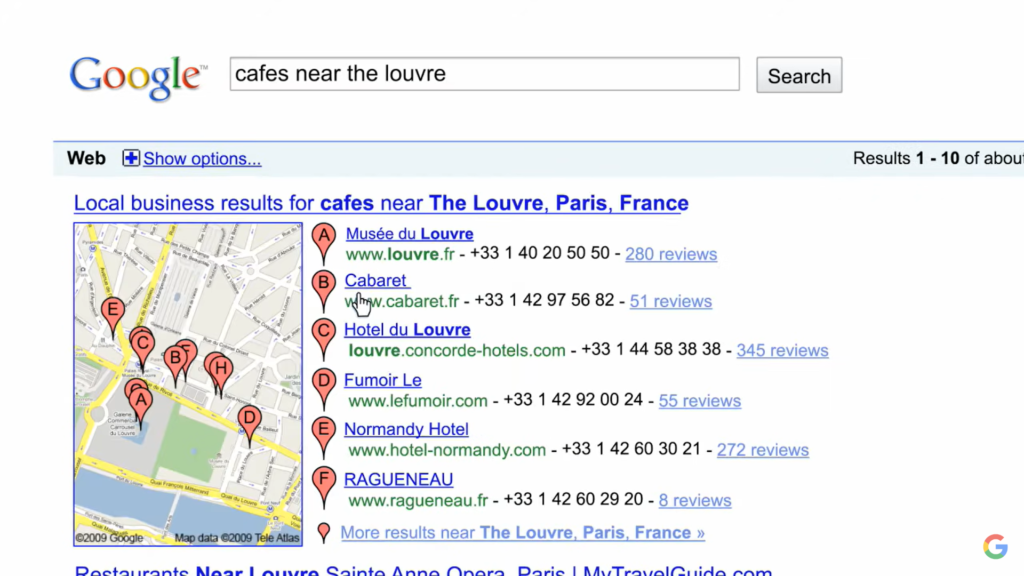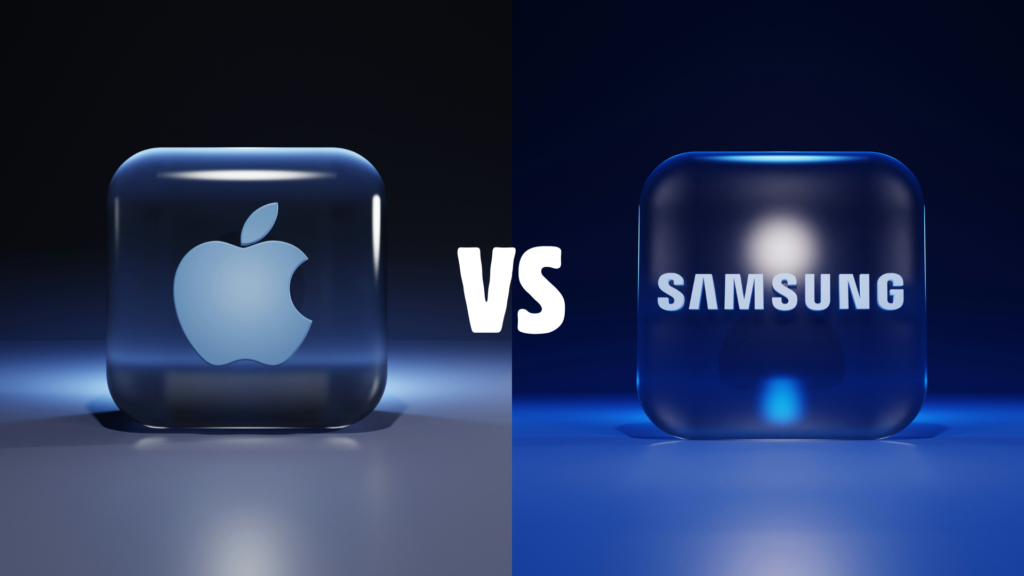In 2010, Google made a significant entry into television advertising with its memorable Super Bowl ad titled “Parisian Love.” This ad marked a pivotal moment for the company as it showcased a touching narrative that resonated deeply with viewers. Through a series of Google searches, the ad illustrated a man’s romantic journey in Paris. Each search term revealed a new chapter in his life, from studying abroad to finding love and starting a family. This simple yet powerful storytelling approach captivated millions and left a lasting impression.
The creative team behind “Parisian Love” was the Google Creative Lab, which aimed to remind audiences of the emotional connections facilitated by Google Search. Rather than focusing solely on product features, the ad emphasized the human experiences that Google enables. By using the search interface to tell a love story, Google effectively transformed its branding strategy from a product-centric approach to one that prioritizes storytelling and emotional engagement.
“Parisian Love” not only entertained but also connected with viewers on a personal level. The ad’s minimalist style, featuring only the search screen and voiceover, allowed the audience to focus on the unfolding romance. This innovative approach set a new standard for advertising, encouraging other brands to explore emotional narratives that highlight the human experience.
Ultimately, “Parisian Love” became one of the most iconic Super Bowl ads of its time. It not only showcased Google’s capabilities but also redefined the way brands communicate their messages. This ad has since inspired future campaigns that continue to prioritize storytelling, demonstrating the profound impact of emotional connection in advertising.
The Birth of a Masterpiece: Parisian Love
The “Parisian Love” ad emerged from the creative minds at Google’s internal team, known as the Google Creative Lab. This team consisted of a diverse group of designers, writers, and programmers, all working together to craft a compelling narrative. Their primary goal was to develop an advertisement that would remind audiences of the magic of Google Search. They aimed to highlight some of the lesser-known features of the search engine while creating an emotional connection with viewers.
Collaboration played a crucial role in the creation of “Parisian Love.” The Google Creative Lab worked closely with the production company 1stAveMachine to refine their concept. This partnership allowed for multiple rounds of brainstorming and development, ensuring that the final product was both simple and impactful. The team embraced the idea that simplicity often leads to the most powerful storytelling. As a result, they focused on using the Google search interface to convey a heartfelt narrative.
The ad’s narrative unfolds entirely through search terms and results, illustrating a classic love story. It captures the journey of a man who studies abroad in Paris, impresses a French girl, and navigates the complexities of a long-distance relationship. This unique approach not only showcased the utility of Google Search but also resonated emotionally with viewers. By intertwining technology with human experiences, the team created a relatable story that many could connect with.
Ultimately, “Parisian Love” set a new standard for advertising at Google. It demonstrated how a well-crafted narrative could enhance brand messaging while engaging audiences on a deeper level. The success of this ad has since influenced Google’s future campaigns, encouraging a focus on storytelling that highlights the emotional connections people have with technology.
The Impact on Google’s Branding
“Parisian Love” represented a pivotal change in Google’s branding and advertising strategy. Before this ad, Google primarily focused on promoting its products and features. However, the success of “Parisian Love” illustrated the effectiveness of storytelling in humanizing the brand. This approach allowed Google to connect with audiences on a deeper emotional level, moving beyond mere product promotion.
The ad’s impact extended beyond its initial airing, paving the way for future campaigns that emphasized human experiences. For instance, ads like “Dear Sophie” in 2011 and “Loretta” in 2020 continued this narrative-driven approach. These subsequent campaigns maintained the focus on personal stories while showcasing the utility of Google’s services. This shift in strategy helped solidify Google’s image as a brand that understands and values human connections.
Additionally, “Parisian Love” demonstrated that effective advertising could resonate with viewers while reinforcing brand identity. The ad successfully linked emotional storytelling to Google’s core message, ensuring that audiences remembered the brand long after the commercial aired. This connection was crucial in differentiating Google from competitors like Bing, which positioned itself as a “decision engine.” By showcasing how Google facilitates important life moments, the ad positioned the company as a trusted friend in users’ lives.
“Parisian Love” marked a significant evolution in Google’s branding strategy. By prioritizing storytelling and emotional engagement, the ad not only captured hearts but also set a new standard for future campaigns. As a result, Google transformed its image from a product-focused company to one that values and promotes meaningful human experiences.
A Lasting Legacy
“Parisian Love” has earned its place as one of the most celebrated Super Bowl ads in history, receiving accolades from esteemed publications such as Ad Age and Time Magazine. Its success not only resonated with viewers but also redefined the role of storytelling in advertising. This ad inspired numerous brands to shift their focus from product promotion to creating emotional connections with their audiences.
The legacy of “Parisian Love” is evident in its lasting impact on advertising strategies. It set a benchmark for how brands can effectively use storytelling to engage viewers on a personal level. This approach has influenced subsequent campaigns, encouraging advertisers to prioritize narratives that evoke genuine emotions. As a result, storytelling has become a vital component of successful advertising, moving beyond mere product features.
Today, “Parisian Love” stands as a landmark in the history of advertising, showcasing the power of simplicity and emotion. Its minimalist approach, combined with a relatable narrative, continues to inspire marketers. Google’s commitment to innovation and evolution ensures that the essence of “Parisian Love” remains relevant. The ad serves as a reminder that the most impactful advertisements are those that resonate with our hearts and minds.
In conclusion, “Parisian Love” has left an indelible mark on the advertising landscape. Its emphasis on emotional storytelling has transformed how brands communicate with their audiences. As Google continues to evolve, the legacy of this iconic ad will undoubtedly influence future campaigns, reinforcing the importance of connecting with viewers on a deeper level.




